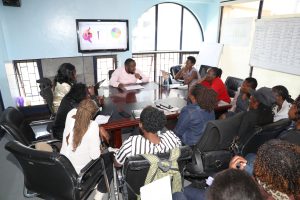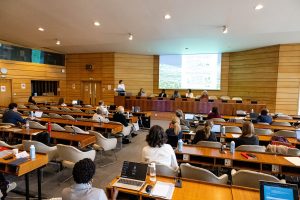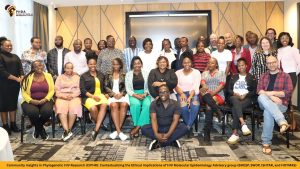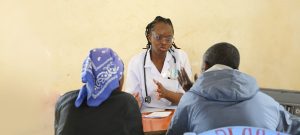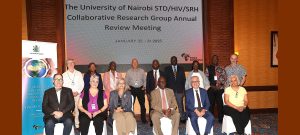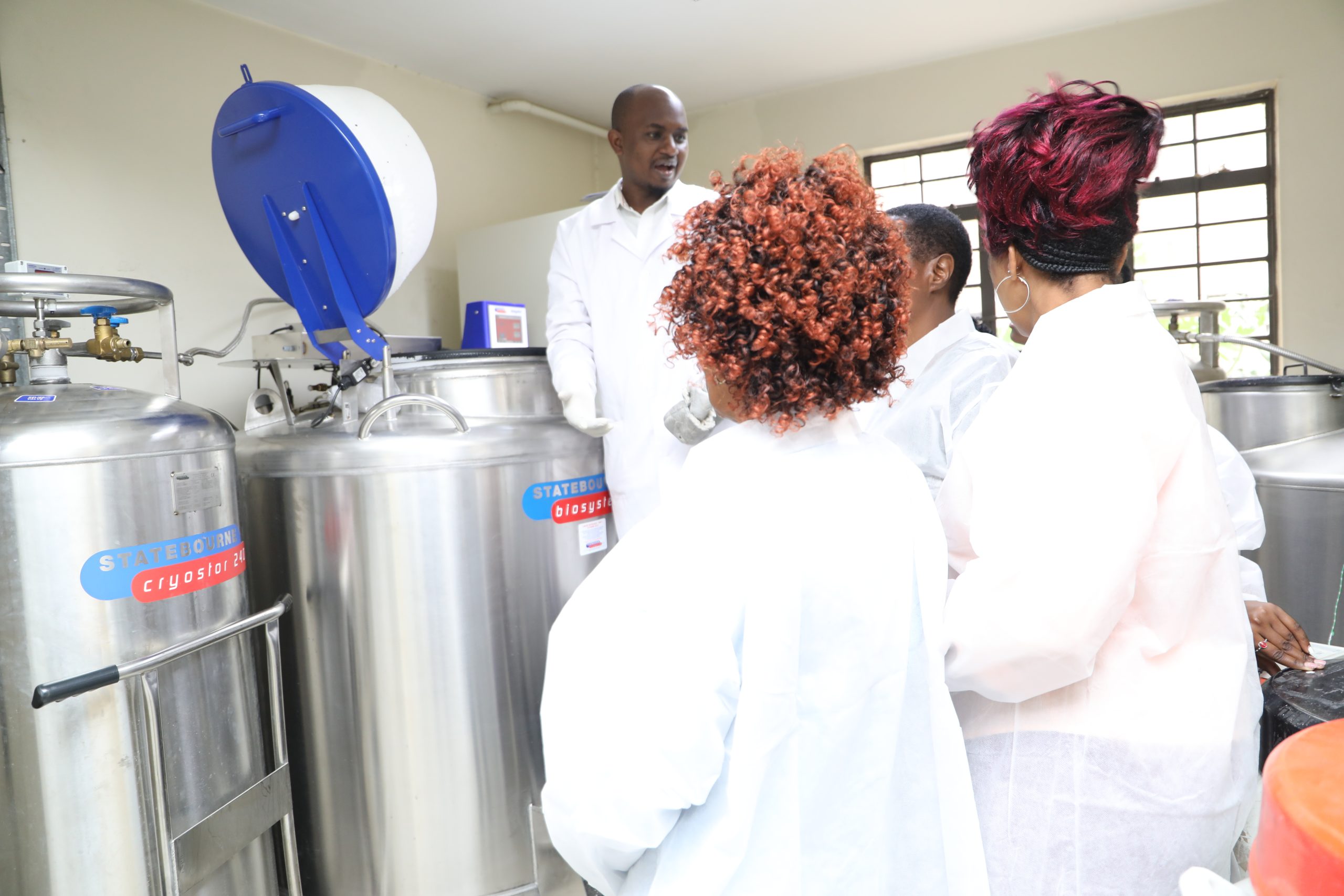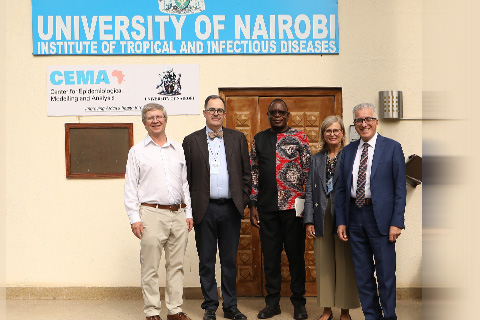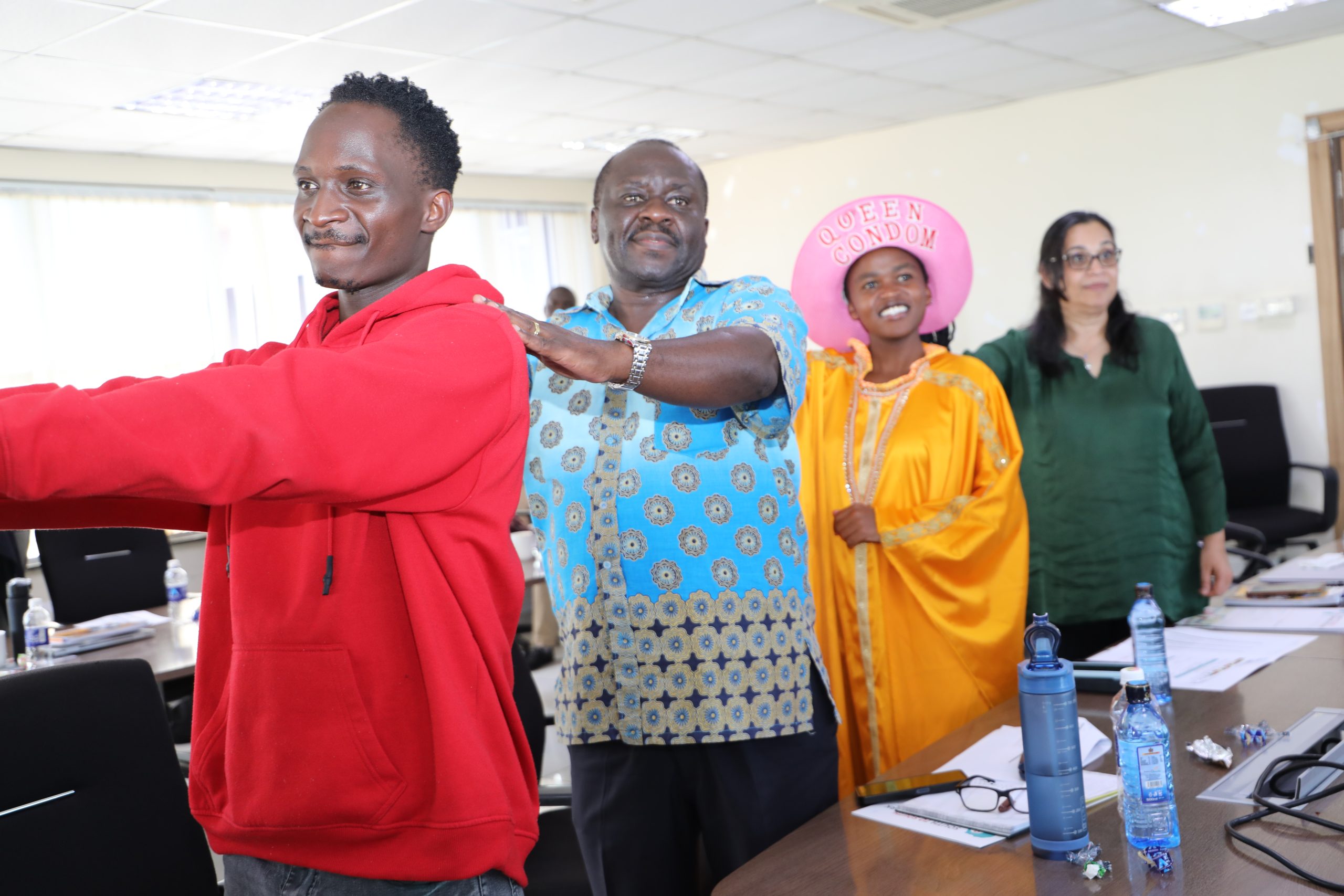

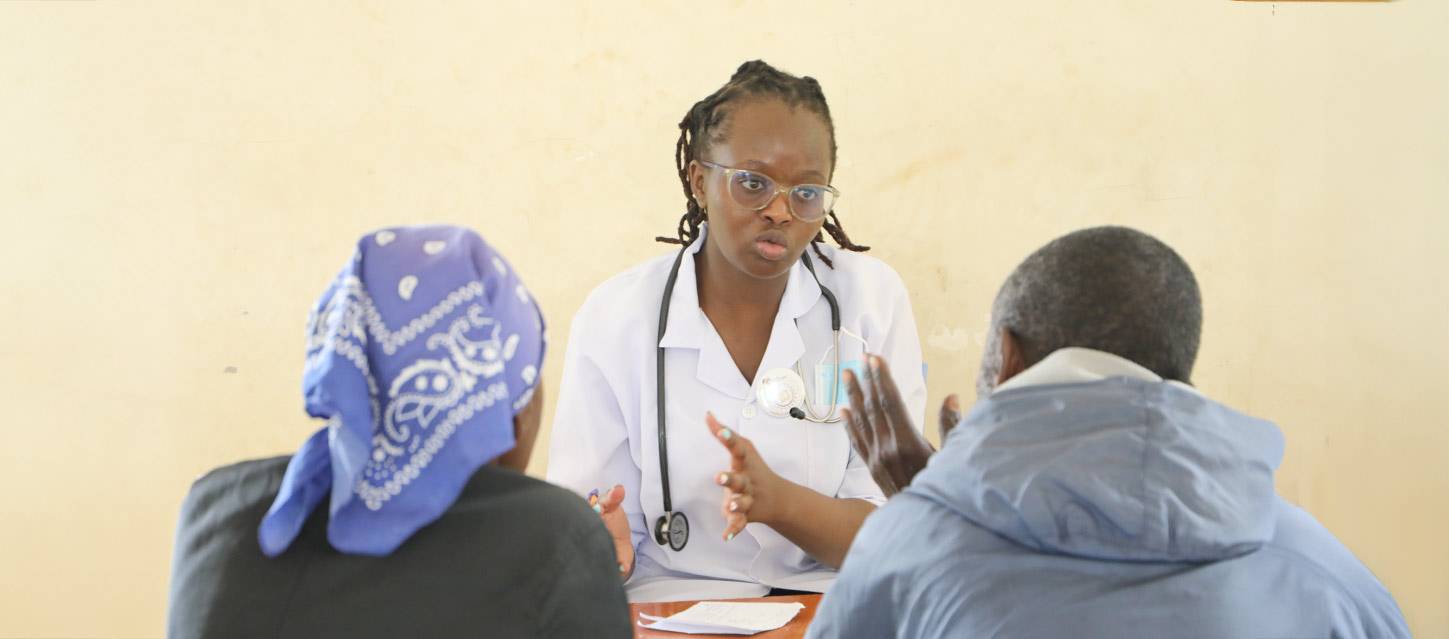


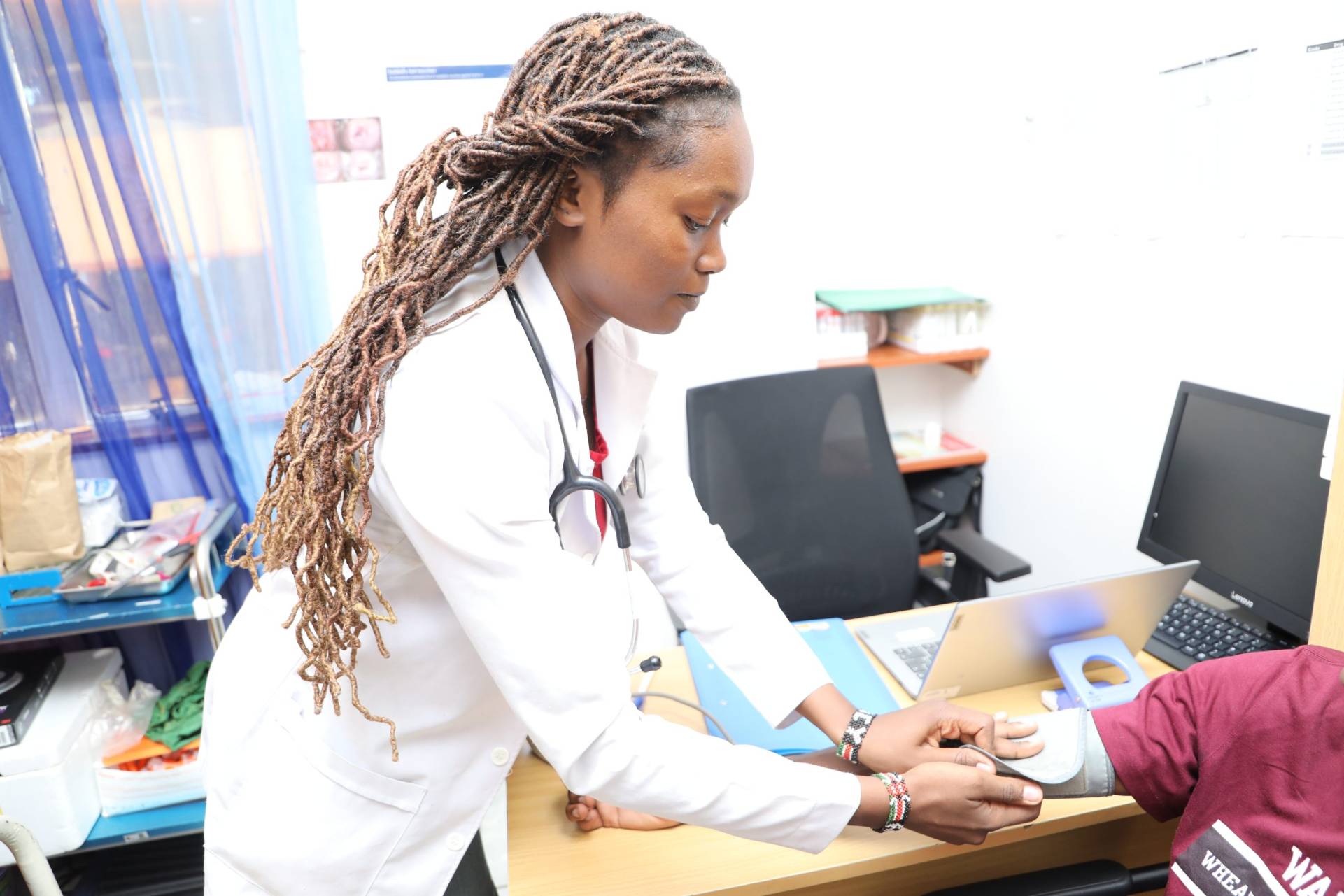

Partners for Health and Development in Africa (PHDA) is a Kenyan-registered, non-profit organization affiliated with the University of Manitoba, Canada, with over 45 years of experience advancing public health research, systems strengthening, and community-led programming in Africa.
This Report provides a comprehensive overview of PHDA’s activities, achievements, and financial performance over the past year.

VIsion
Healthy Communities in Africa

Our Mission
Increasing access to health for disadvantaged communities in Africa, through Systems strengthening, research, programme development and partnerships

values
(IPATE)
Integrity
Professionalism
Accountability
Team work
Equity
PHDA's IMPACT
Beyond Kenya, our South to South Learning Network (SSLN) has extend to more than 15 countries including Ghana, Nigeria, Cameroon, Republic of Congo, South-Sudan, Uganda, Tanzania, Malawi, Zambia, Zimbabwe, Namibia, Botswana, Eswatini, Lesotho and South Africa.
Through targeted, community-led HIV prevention and care services, the SWOP programme has reached over 34,000 key population members in 2024-2025. This achievement underscores PHDA’s commitment to inclusive, evidence-based approaches that improve health outcomes and reduce new infections in vulnerable communities across Kenya.
National Decline
in HIV
Incidence
Through technical support, Sex Workers Outreach Programmes (SWOP), strategic partnerships with the Ministry of Health the National Syndemic Diseases Control Council (NSDCC) and National AIDs & STI control programme (NASCOP), PHDA has supported Kenya’s decline in new HIV infections. Aligned with the Kenya AIDS Strategic Framework (2020–2025), PHDA advances HIV prevention through evidence-based programs, policy support, and capacity building.
PHDA Helps Shape
Global Research Standards
PHDA played a key role in the development of the PREPARED Code a global code of conduct for research during pandemics, launched at UNESCO in June 2025. Through inclusive consultations and technical input, PHDA ensured African voices and ethical realities were reflected in the code, which is grounded in the values of fairness, respect, care, and honesty. This milestone affirms PHDA’s commitment to ethical, inclusive, and evidence-based research that protects communities during global health emergencies.
News
Highlights
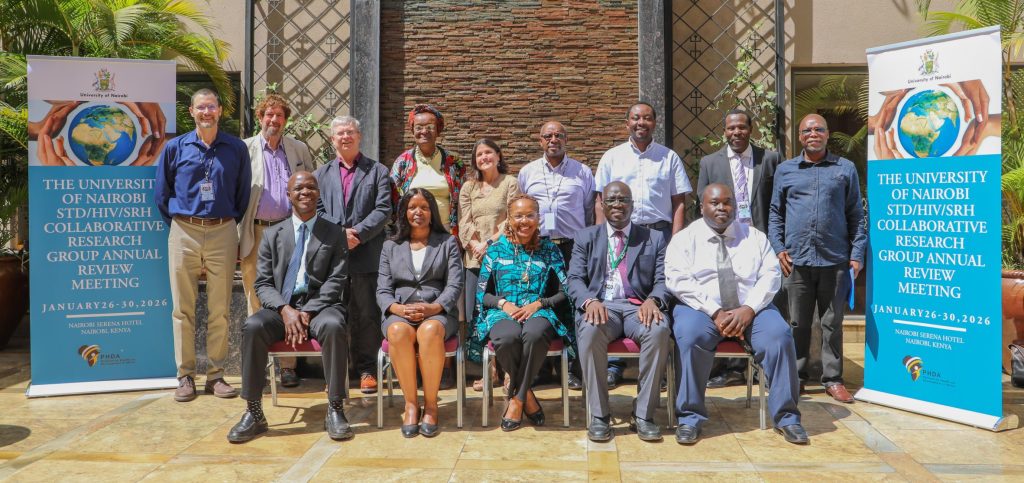
University of Nairobi Collaborative HIV/STI/SRH Research Group Annual Review Meeting 26th–30th January 2026

The PREPARED Code – A reminder not to forget the COVID-19 pandemic

PHDA Leads Ground breaking study to reframe STBBI through the lens of place
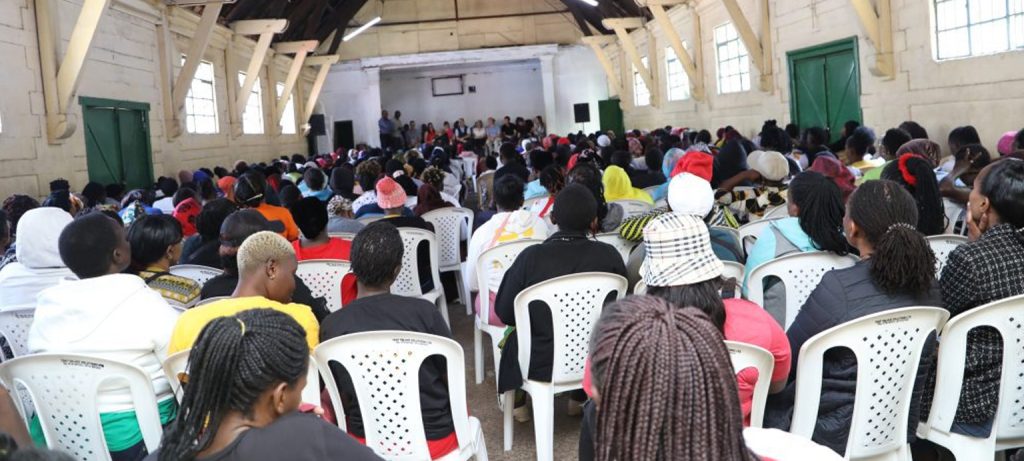
PHDA concludes Aspirin study

A step towards achieving SDG 5 on gender equality

Empowering Data-Driven Decision-Making
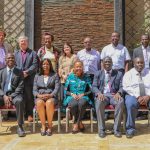
University of Nairobi Collaborative HIV/STI/SRH Research Group Annual Review Meeting 26th–30th January 2026
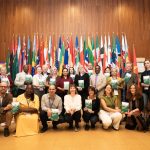
The PREPARED Code – A reminder not to forget the COVID-19 pandemic

PHDA Leads Ground breaking study to reframe STBBI through the lens of place
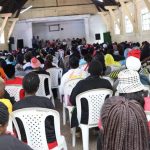
PHDA concludes Aspirin study

A step towards achieving SDG 5 on gender equality

Empowering Data-Driven Decision-Making
News & Updates
Our Focus Areas
Our Impact on STI/HIV/AIDS Research and Prevention in Kenya and Africa
Over the past 45 years, the University of Manitoba has delivered a large number of STI/HIV/AIDS-related research, prevention, care and support projects and programs in several developing countries, working with various governmental, non-governmental and community-based organizations. The program in Kenya was initiated in 1979 in collaboration with the University of Nairobi and now consists of three broad sets of activities. The first is a wide range of research projects, supported by various research funding agencies, which encompass a broad spectrum of STI and HIV-related research. The second area of activity comprises HIV prevention, care and support programs designed to implement the HIV and STI prevention lessons and strategies learned through research efforts and scale up prevention and care efforts
Inspiring life changing stories



